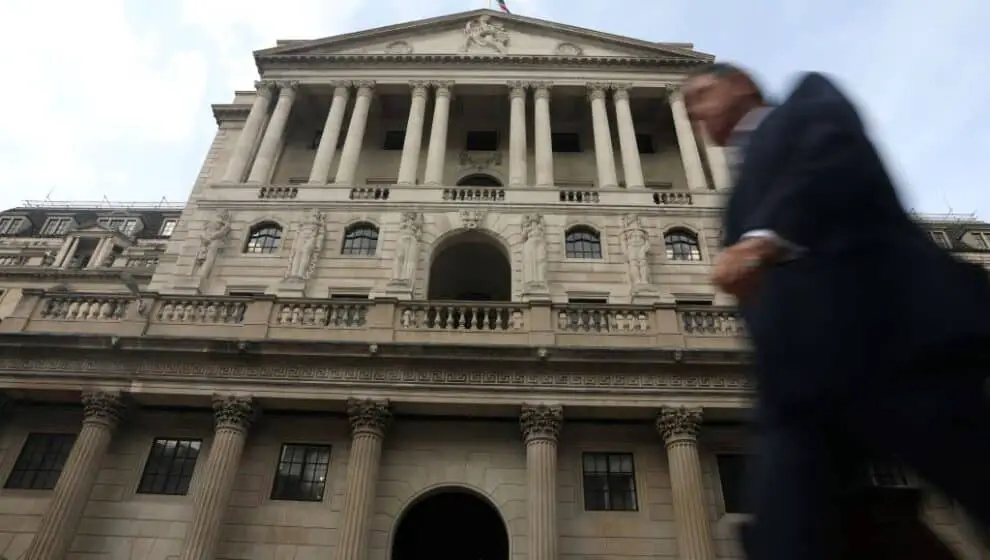The British Prime Minister and Central Bank are taking significant steps to infuse some steadiness into the economy there.
Key Details
- The pound is dropping in value as investors are getting rid of the currency, amid worsening economic conditions.
- As the United Kingdom faces 9.9% inflation, lower consumer sales, declining consumer sentiment, and energy price hikes, analysts are predicting that the country may already be experiencing the early part of a recession.
- The Bank of England says it thinks a recession is already in progress and hiked interest rates 50 basis points on Thursday to help reduce the skyrocketing inflation.
- The UK is anticipating an 11% to 13% inflation rate in October, and some estimates suggest the country could be facing 22.4% inflation in 2023.
- “Numerous analysts, along with business association the British Chambers of Commerce, have previously said they expect the UK to enter a recession before the end of the year,” says CNBC.
- Prime Minister Liz Truss’ government also announced on Friday a set of major tax cuts and incentives to boost the economy.
Why it’s important
As we previously reported, the United Kingdom is staring down an extremely painful year with prices skyrocketing. Small businesses are struggling to keep their doors open and there are worries that energy will run low or become cripplingly expensive. Some businesses are experiencing energy cost increases of 500% to 600%.
“Energy bills in the UK will leap by 80% this winter… as the Ukraine war continues to drive up prices,” says EuroNews.
“Britons have been told that there could be blackouts lasting 10 hours this winter if imports from Europe are cut due to its own shortages, which could be a very possible scenario according to energy analysts,” says UK publication Express.
Possible solutions
The United Kingdom is facing its ongoing problems the same way other western countries are. The United States Federal Reserve, The European Central Bank, and Switzerland’s central bank all hiked interest rates by 75 basis points each this week. The UK’s central bank only instituted a 50-basis-point hike though.
“The Bank of England voted to raise its base rate to 2.25% from 1.75% on Thursday, lower than the 0.75 percentage point increase that had been expected by many traders,” says CNBC.
“The hike was in line with economists’ forecasts, according to Reuters, however many in the market had been expecting a 75-basis-point raise, in line with the U.S. Federal Reserve and many other major central banks.”
The U.K. is also attempting to find solutions to its energy pricing and economic stagnation. Truss installed a cap on price increases for the immediate future energy prices. She also revealed massive tax breaks and incentives in a bid to increase economic growth.
